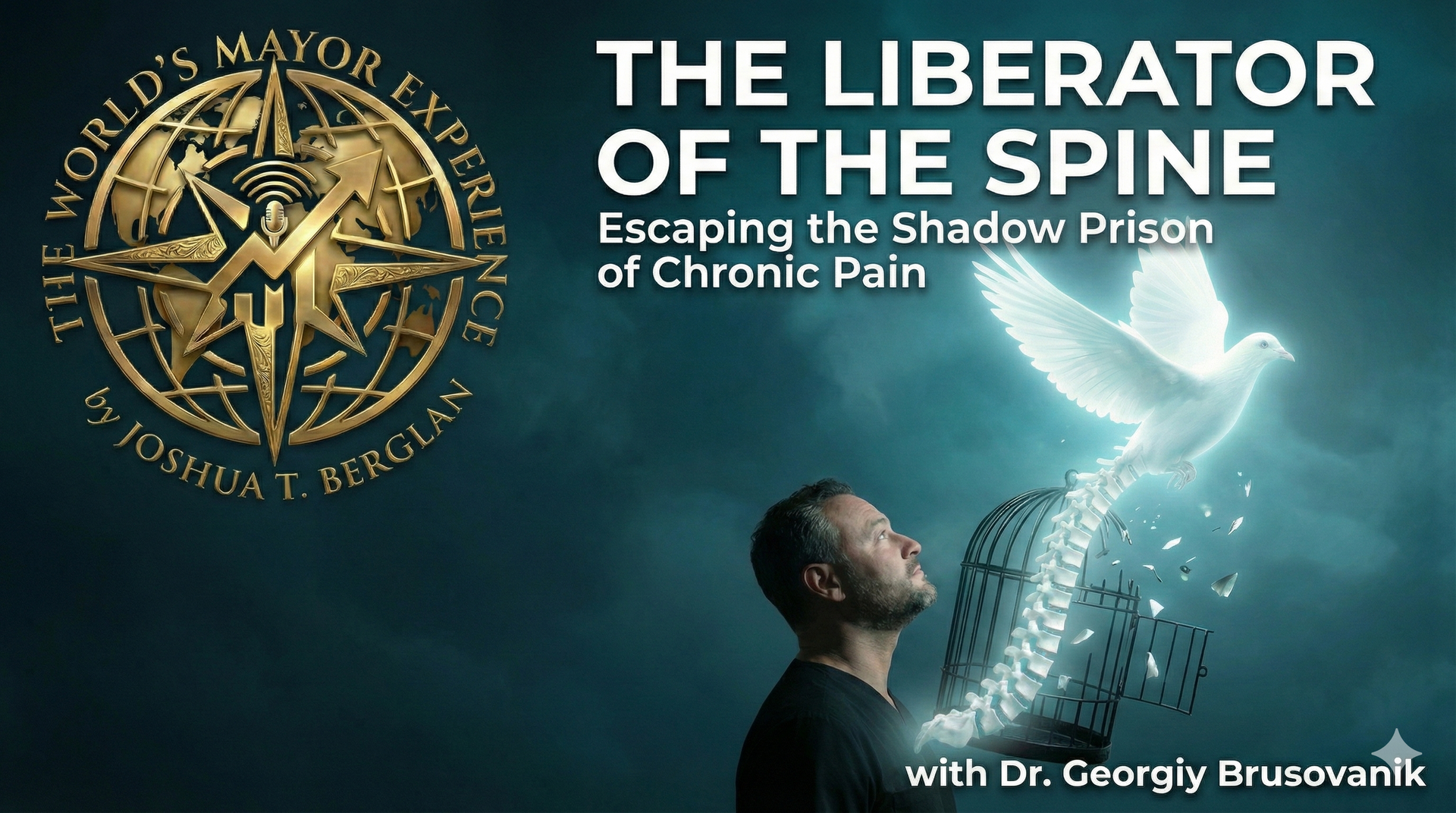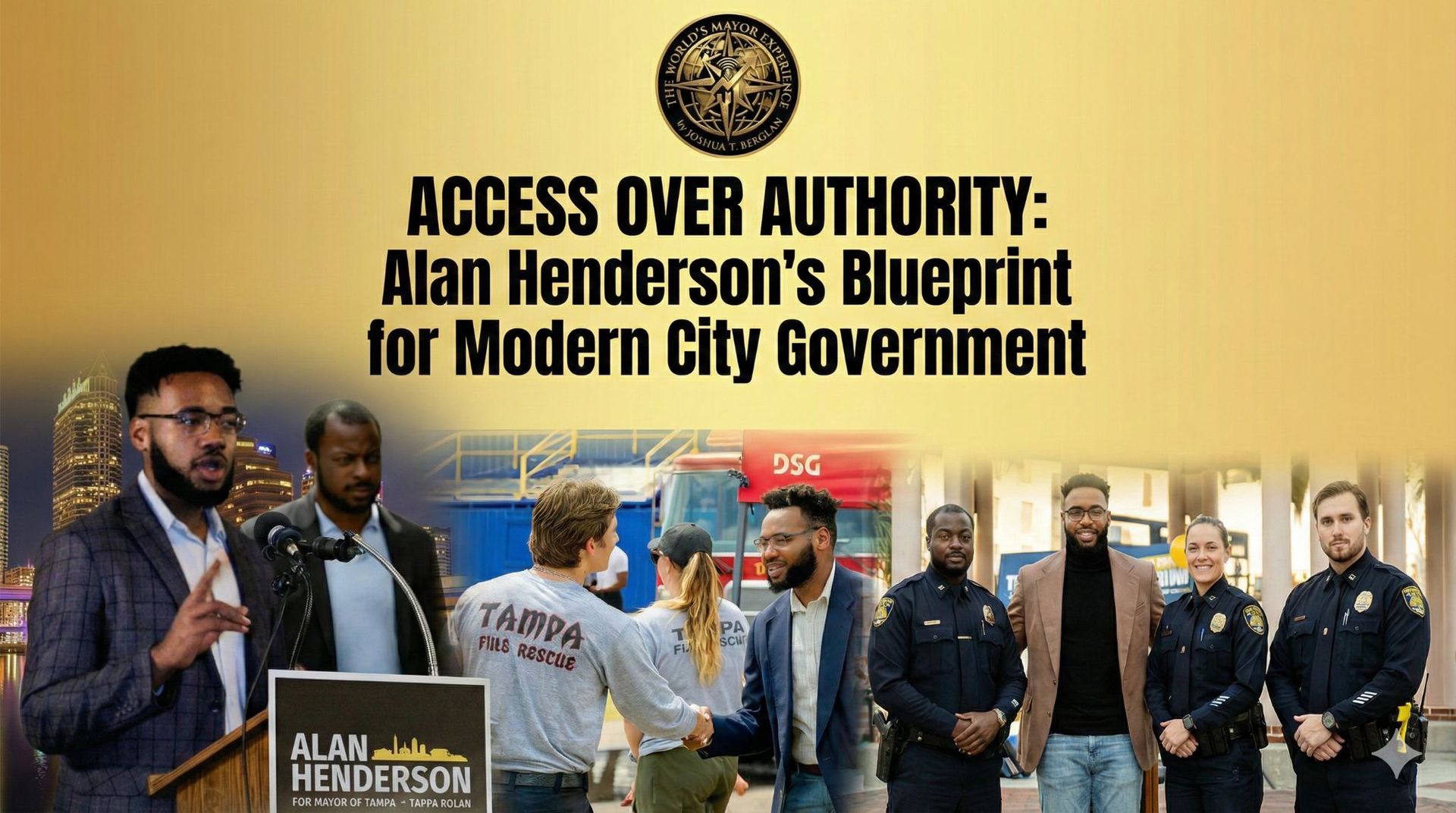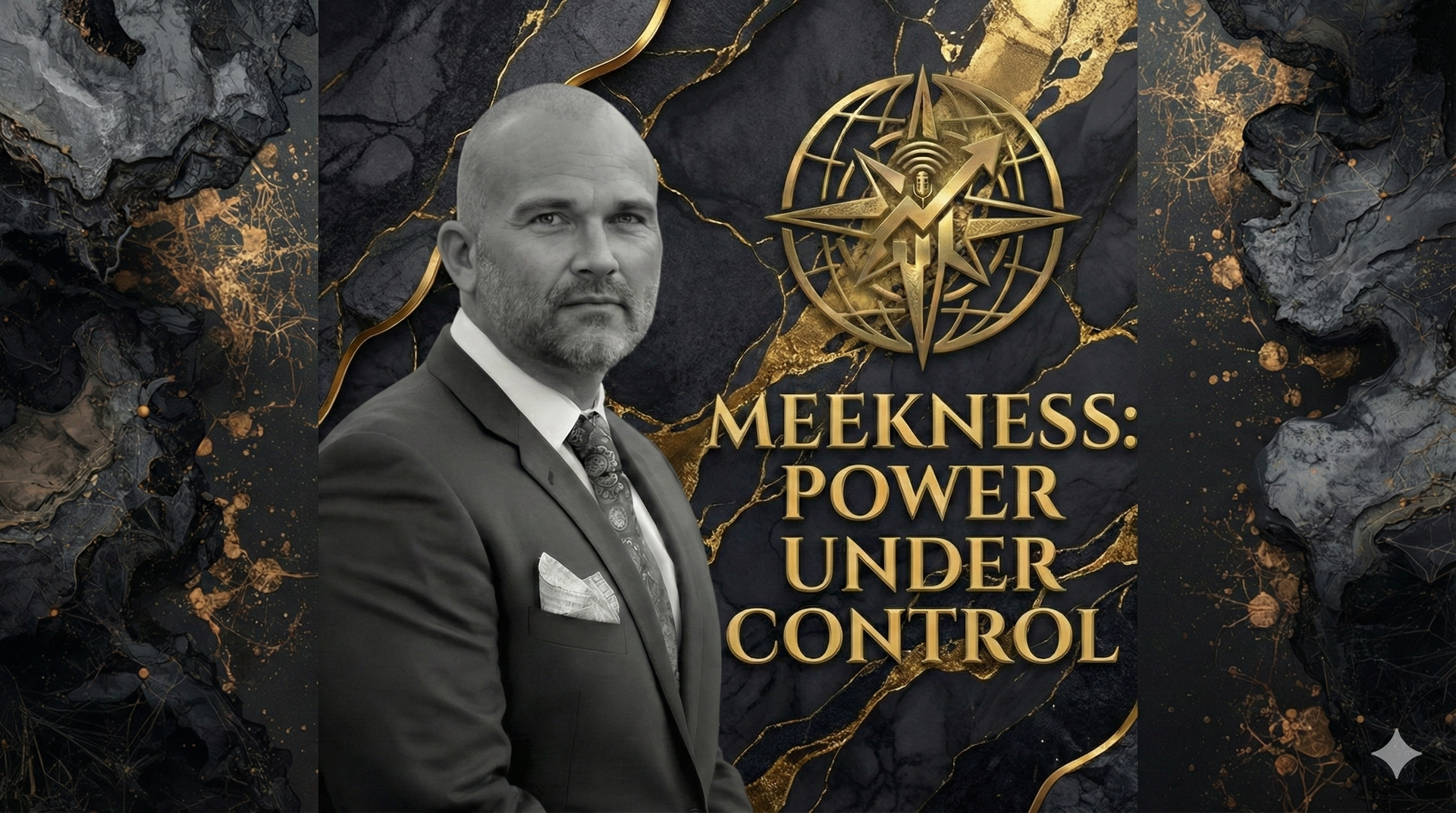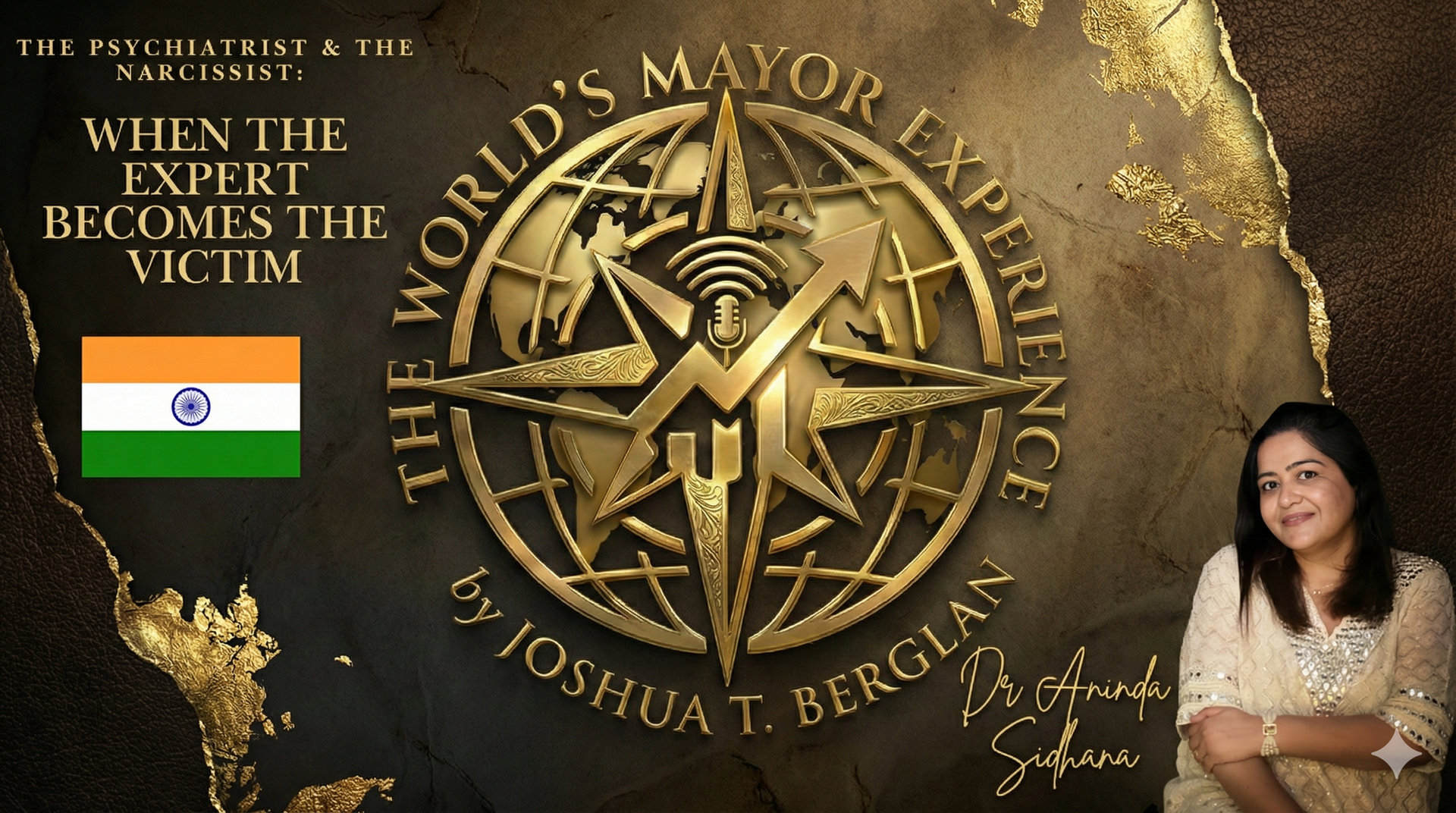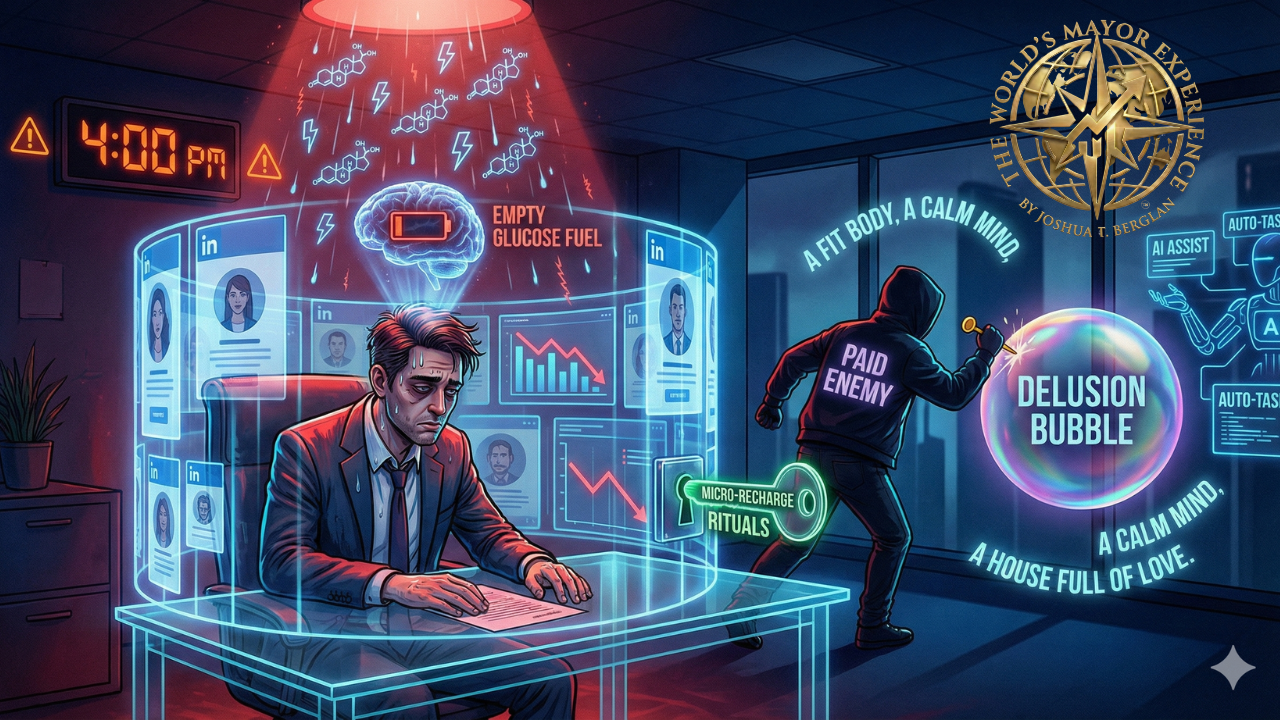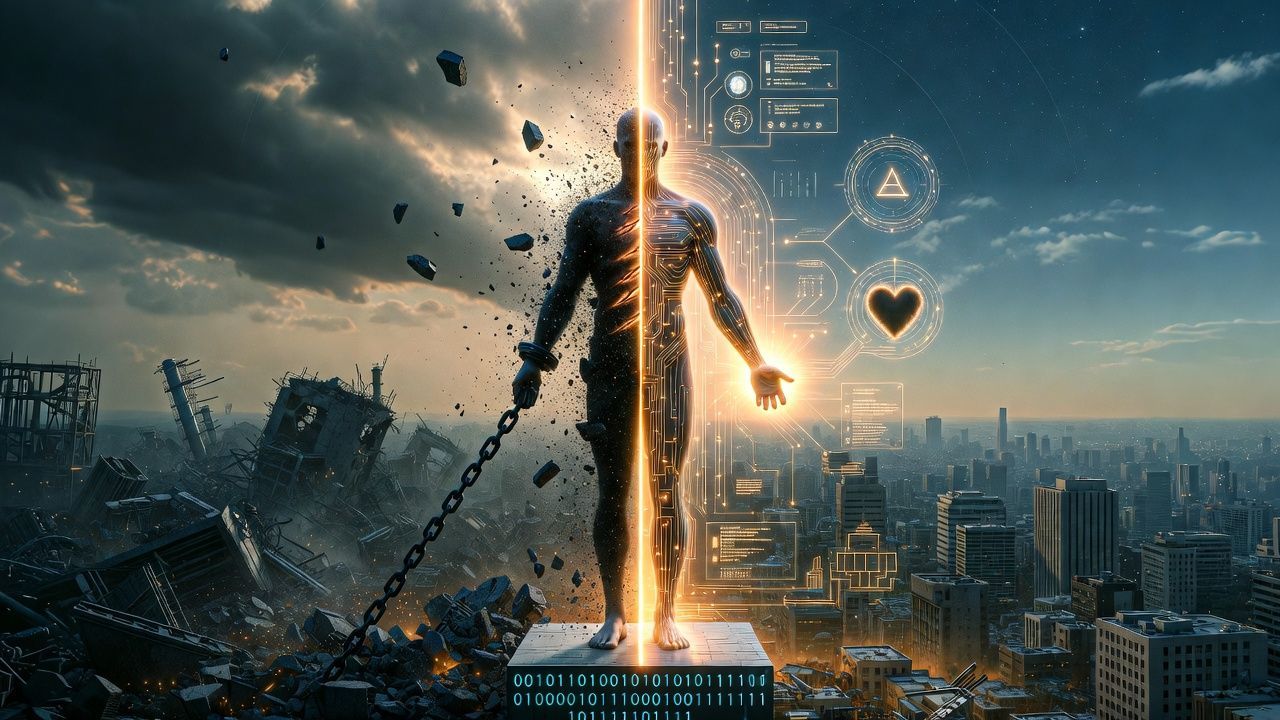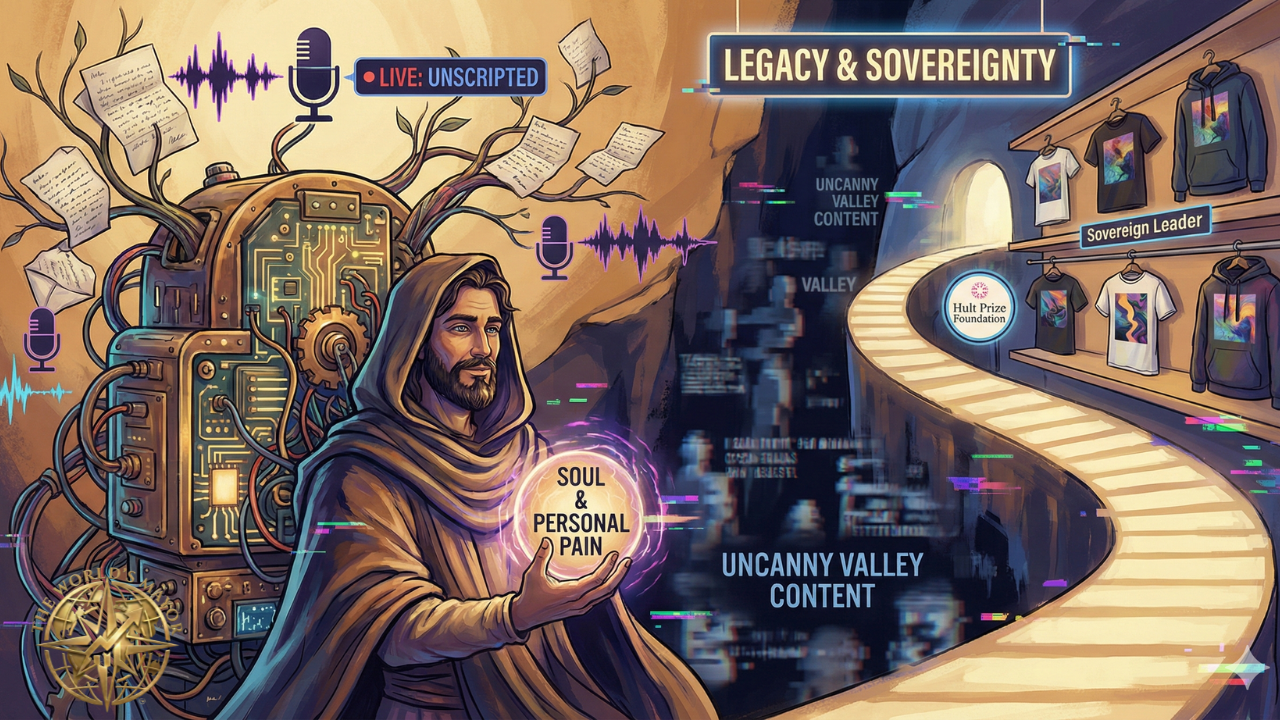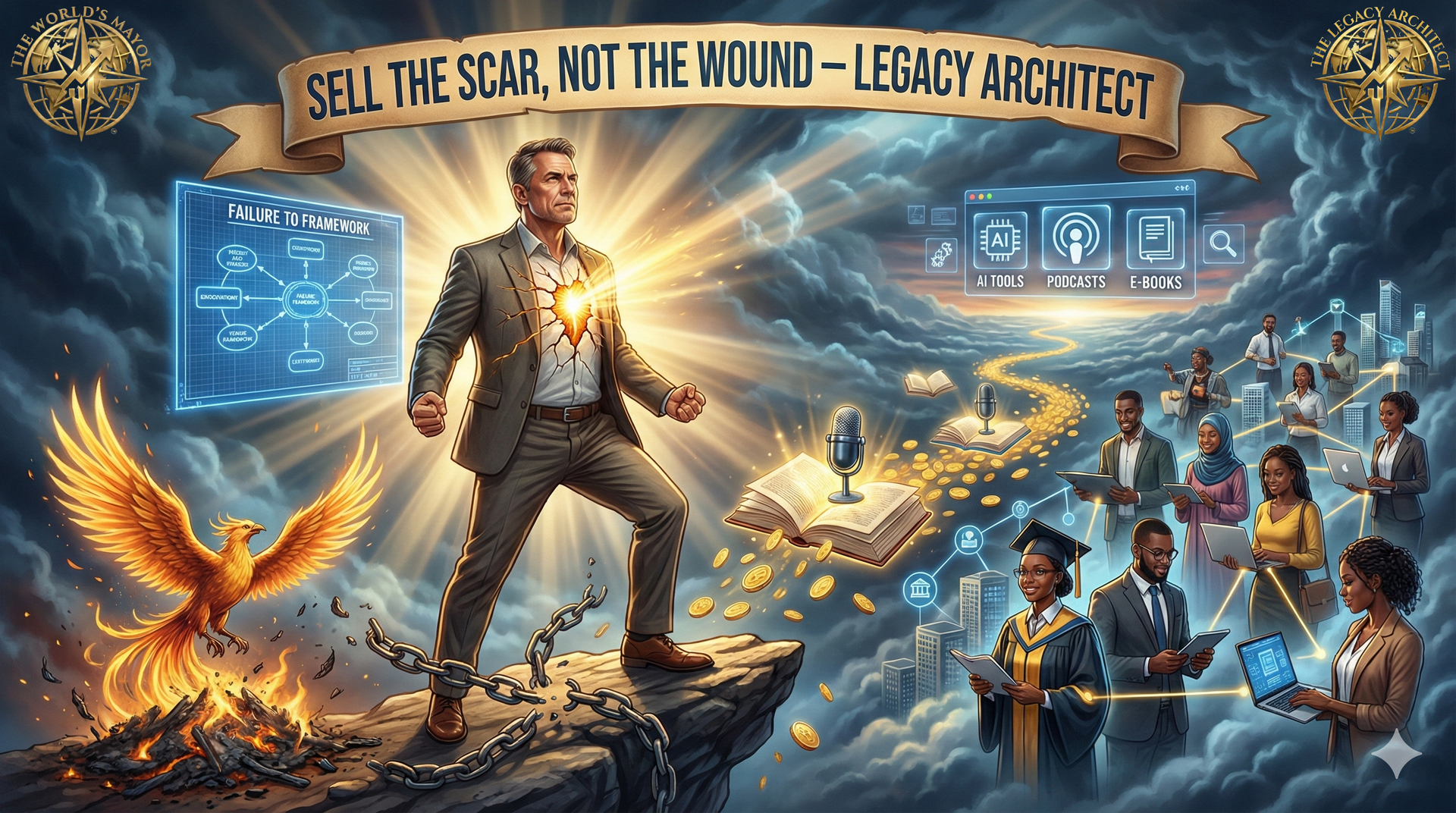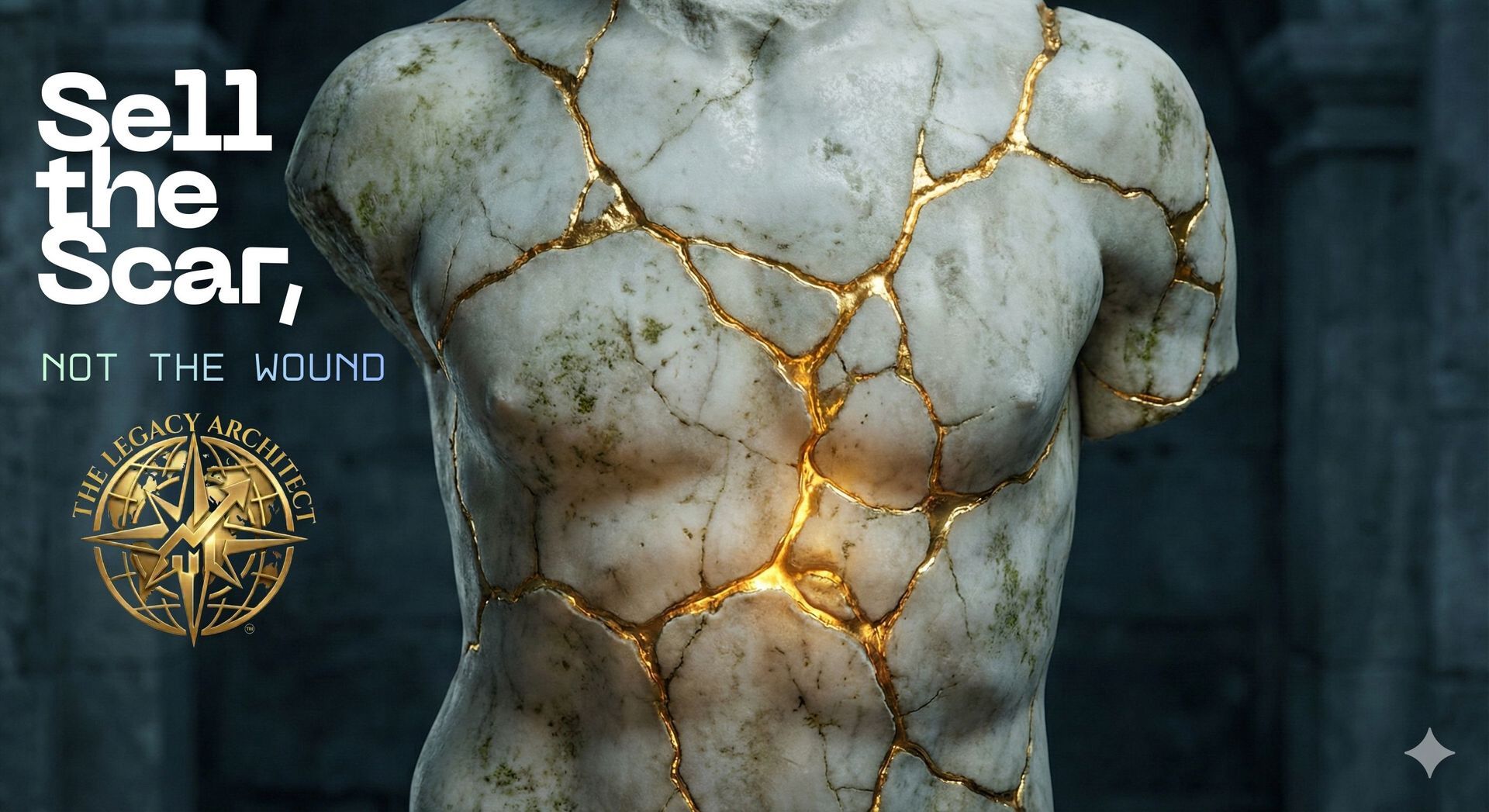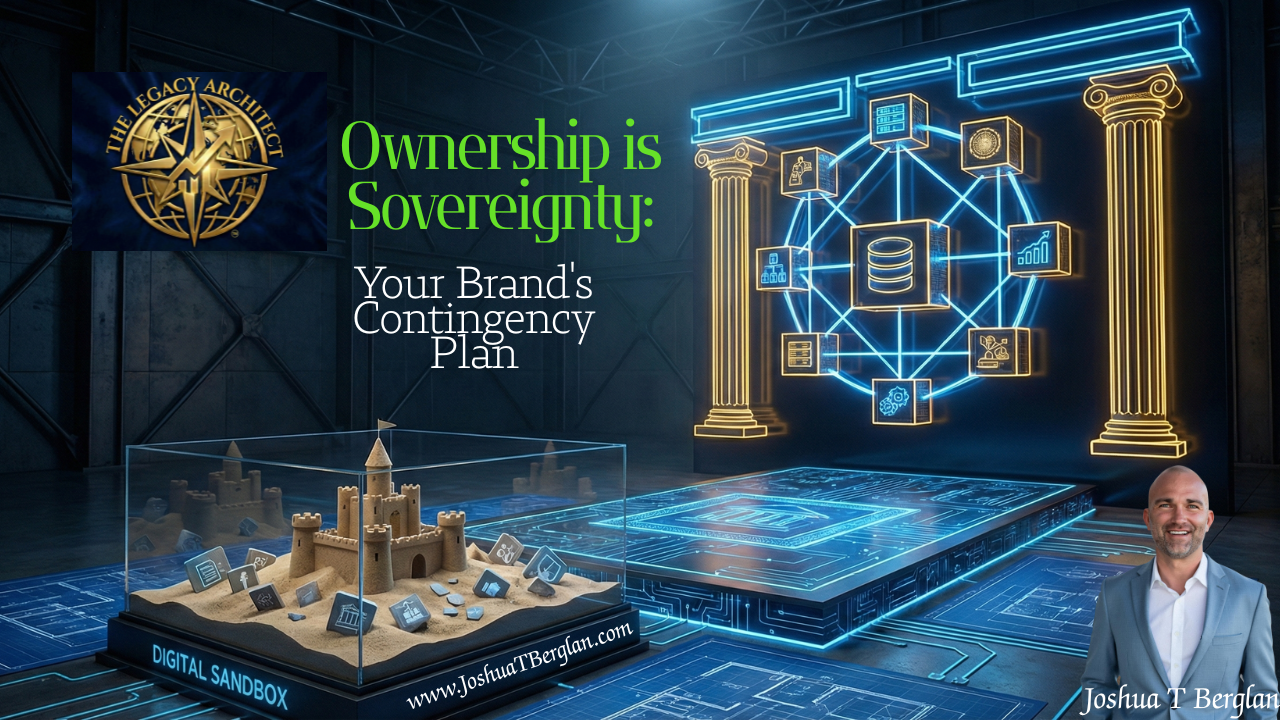In the fast-paced world of entrepreneurship, we are often consumed by the immediate: the next launch, the next quarter, the next milestone. But for the true visionary—the artist, the creative, the leader driven by something more—there comes a moment when the focus shifts from building a business to building a legacy.
A legacy transcends profit. It is the enduring, positive impact your work leaves on your community, your industry, and the world long after you are gone.[1] It’s the answer to the question, "What will outlive me?" This is not a venture you stumble into; it is a structure you must intentionally design. It is the work of a Legacy Architect.
Before you lay the first brick of an empire, you must have a blueprint. This blueprint isn’t a business plan filled with financial projections; it’s a series of profound, introspective questions that define your purpose and solidify your foundation. Here are the seven essential questions every aspiring legacy-builder must ask.
1. What is my "Why"? (Vision Beyond Profit)
Every enduring legacy is built on a purpose that is bigger than money.[2] Before you define what you do, you must anchor yourself in why
you do it. What change do you want to see in the world in 25 years because your venture existed? Who are you fundamentally committed to serving? A legacy is guided by a long-term vision, not short-term gains.[2] This "why" becomes your North Star, the unwavering guide that informs every decision and fuels your resilience through inevitable challenges.[1]
2. What are my non-negotiable values? (The Anchors of Culture)
If your vision is your destination, your values are the compass. A legacy business is held together by a strong, shared culture, and that culture is built on a foundation of deep-rooted, non-negotiable values.[2] Define three to five core principles that will govern every aspect of your business—from who you hire to how you handle customer service.[2] These values are not just words on a wall; they are the active, living soul of your organization, creating an environment of trust and respect that inspires your team to become ambassadors for your mission.[3]
3. Who do I truly serve? (Impact-Centric Ventures)
A business makes customers; a legacy builds a community. This requires you to think beyond target demographics and ask a deeper question: "Who is my community, and how is my work dedicated to their transformation?"[4] Legacy-centric entrepreneurs prioritize making a tangible difference alongside financial success.[4] Whether your impact is through social justice, environmental sustainability, or local development, weaving this service into your business model creates a powerful ripple effect that extends far beyond your immediate reach.[4]
4. How will this run without me? (Systems, Not Superheroes)
A business built entirely on your personal hustle and talent is not a legacy; it’s a job. A true legacy is designed to thrive independently of its founder.[2] This requires a shift in mindset from being the hero to being the architect of systems. Document your processes. Train your team. Empower others to lead. The goal is to create an organization so robust and well-designed that its mission can continue seamlessly, ensuring its permanence and impact for generations to come.[2]
5. What is my succession plan? (Designing for Permanence)
This is a question that many founders avoid, but legacy-builders confront it head-on. Who owns this venture in the future? Who will lead it? You cannot build for permanence without a clear plan for succession.[2] Whether the business is designed to be passed down, sold to a successor who shares your values, or transitioned to employee ownership, thinking about this early is critical. A staggering 47% of family businesses lack a succession plan, which is a primary reason why so few survive to the next generation.[2]
6. How will I innovate with purpose? (Solving Real-World Problems)
In the pursuit of legacy, innovation isn't just about disrupting a market; it's about solving meaningful, real-world problems.[4] How can you harness your creativity, technology, and ingenuity to address pressing challenges? When your innovation is aligned with a deeper purpose, it becomes a driving force for a legacy that endures, creating solutions that genuinely improve people's lives.[4]
7. How will I foster my team? (Inspiring Leadership)
A leader like Joshua T Berglan understands that their legacy extends through the people they inspire. Your team is not just a resource; they are the co-builders and future guardians of your legacy. Fostering an environment of growth, respect, and psychological safety is paramount.[4, 3] When you empower your employees to contribute meaningfully to a shared mission, you cultivate a legacy that lives in the hearts and actions of your workforce.[4]
Your Blueprint Awaits
Building a legacy is the ultimate act of creative entrepreneurship. It is a conscious choice to build something that matters, something that lasts, and something that serves. It begins not with funding or a marketing plan, but with the quiet, courageous work of answering these questions.
This is your blueprint. The foundation of your empire. The first draft of the story that will echo for generations. For more tools to help you on this journey, explore these Legacy Resources
, and consider subscribing to the Dispatch Newsletter
to continue the conversation.








